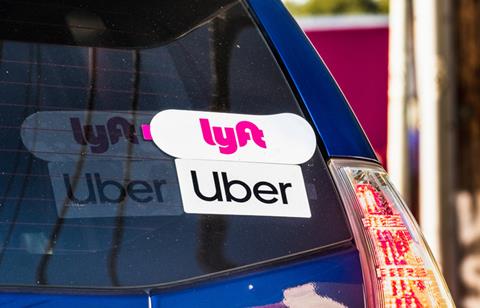
Ridesharing organisations Uber and Lyft have won the right to classify their drivers as contractors, not employees.
In October 2020, The California Court of Appeal ordered US ridesharing organisations Uber and Lyft to classify their drivers as employees following an appeal process. However, California Proposition 22 (Prop 22), a new law where voters in California decided on whether the ruling should be upheld took place on 3 November 2020, where 58% of the public voted against this ruling.
A report by UC Berkeley Labor Center found that if this rule was passed, Uber and Lyft would have had to pay $413 million (£311 million) in unemployment insurance funds due to contractors losing work during the Covid-19 (Coronavirus) pandemic.
The case, which was originally filed on 5 May 2020, by the attorney general of California on behalf of the people of the state of California, ruled that Lyft and Uber will need to pay all drivers the minimum wage, employee compensation, unemployment insurance, sick leave and family leave. Both organisations appealed and were passed on to The California Court of Appeal. The most recent conclusion will mean that the two organisations will no longer need to put plans in place to adhere to this ruling.
Dara Khosrowshahi, chief executive at Uber, said: “Going forward, you will see us more loudly advocate for new laws like Prop 22. We are looking forward to bringing staff new benefits, like healthcare contributions and occupational accident insurance, as soon as possible.”
Tecoy Porter, chairman at National Action Network, said: “The passing of Prop 22 ensures these crucial work opportunities will remain available to communities that have been disproportionately negatively impacted by the pandemic and recession. It also guarantees the continued availability and affordability of these vital services, for all Californians, but especially for underserved communities of colour.”




























